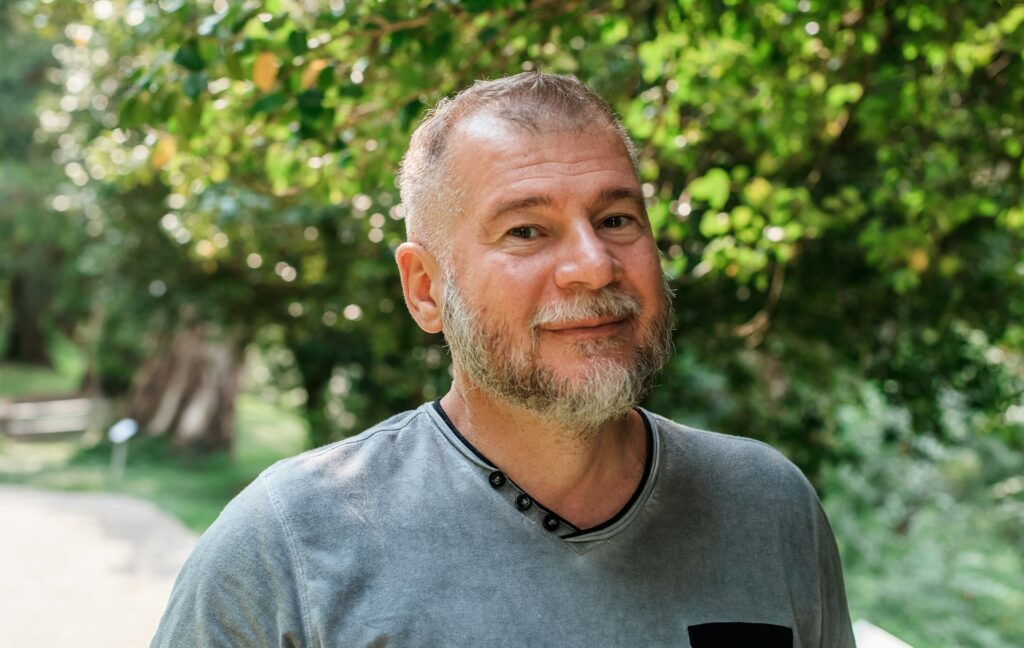We talk about stress like it’s a normal part of life, and to some extent, it is.

However, when stress becomes your default setting, your body pays for it in ways that aren’t always obvious right away. The good news is that the opposite is also true. When you do manage your stress, even just a little more consistently, your body responds, often more quickly than you’d expect. Here’s what really starts to happen when you stop living in survival mode all the time.
Your sleep improves—without needing extra hours.

When stress is high, your nervous system stays alert even when your head hits the pillow. But when your stress levels drop, your brain stops scanning for danger at night, which means deeper, more restorative sleep. You might still sleep the same number of hours, but you’ll wake up feeling genuinely rested instead of groggy and drained. Quality beats quantity when it comes to sleep, and less stress equals better quality.
Your digestion finally gets a break.

Chronic stress slows down or messes with digestion, leading to bloating, heartburn, or gut issues that seem to have no cause. That’s because when you’re in fight-or-flight mode, your body literally deprioritises digestion. Once your stress drops, your body switches back into ‘rest and digest’ mode. Food gets processed properly again, and symptoms like cramps or irregularity often ease without needing drastic diet changes.
Your immune system gets stronger.

Long-term stress weakens your immune response, making you more likely to get sick, stay sick, or feel constantly run down. However, when you manage your stress, your body doesn’t have to burn through reserves just to keep you going. That means fewer colds, quicker recovery times, and better resilience overall because your immune system can finally stop fighting invisible fires and do what it’s actually supposed to do.
Your heart rate settles into a healthier rhythm.

Stress pushes your heart rate up even when you’re sitting still, making your body feel like it’s sprinting through life when you’re just answering emails. But with lower stress levels, your heart rate naturally slows down. That little change can reduce your risk of high blood pressure, heart disease, and even sudden spikes in anxiety—because your heart’s no longer stuck in ‘emergency mode’ 24/7.
Your muscles stop holding tension.

Neck pain? Jaw tightness? Random backaches? A lot of that physical discomfort is stress-related muscle tension. When you start managing stress better, your muscles finally get permission to relax. It’s not about fancy treatments—just giving your nervous system a break. When your body stops bracing for impact all the time, you’ll feel less tight, stiff, or sore without needing constant massages or painkillers.
You crave less sugar and caffeine.

When you’re running on stress, your body demands quick fuel. That’s why cravings for sugar, caffeine, or comfort food skyrocket when you’re overwhelmed—it’s survival-mode behaviour. However, when stress drops, those cravings often ease too. You feel more in control of your eating patterns and less like you’re constantly chasing energy from outside sources.
7. You start breathing properly again.

Stress makes people breathe shallowly—fast, chest-level breaths that fuel more anxiety. When you’re calm, your breath naturally slows and deepens, sending signals back to your brain that everything’s okay. This change has a ripple effect. Your body gets more oxygen, your brain feels less foggy, and even your mood starts to lift, just from breathing like a calm person instead of a panicked one.
You recover faster after exercise or illness.

Stress puts your body in a constant state of tension, which slows recovery from everything, from workouts to colds to minor injuries. When stress is lower, your body can heal without as much internal interference. That means fewer lingering aches, better energy post-exercise, and a general sense that your body is working with you instead of against you.
Your skin often clears up.

Ever notice how your skin flares up when you’re stressed? Whether it’s acne, rashes, or dullness, stress messes with your hormones and inflammation levels—which shows up right on your face. Once your stress drops, your skin tends to follow. Complexion evens out, breakouts reduce, and even under-eye bags start to fade. It’s your body showing you it finally feels safe again.
Your focus and memory start to sharpen.

High stress floods your brain with cortisol, which makes it harder to concentrate, remember details, or stay present. That’s why stressed people often feel foggy or forgetful, even when they’re trying their best. When stress fades, your brain can actually process information again. Thoughts become clearer, tasks feel more doable, and you stop feeling like you’re constantly one step behind.
Your mood becomes more stable.

One of the first emotional signs of unmanaged stress is irritability or emotional ups and downs that don’t make sense. You feel fine one minute, then snappy, flat, or overwhelmed the next. However, once your stress is more under control, your emotions start to level out. It’s not about being happy all the time—it’s about not feeling emotionally hijacked by everything around you.
Your body stops feeling like it’s under threat.

Chronic stress trains your body to stay in a constant low-level state of alarm, even when nothing’s actually wrong. That tension seeps into everything: your sleep, digestion, immunity, and energy. When you learn to manage stress, your body stops bracing for imaginary impact. You feel safer, lighter, and more at home in yourself, which is exactly how you’re supposed to feel most of the time.


